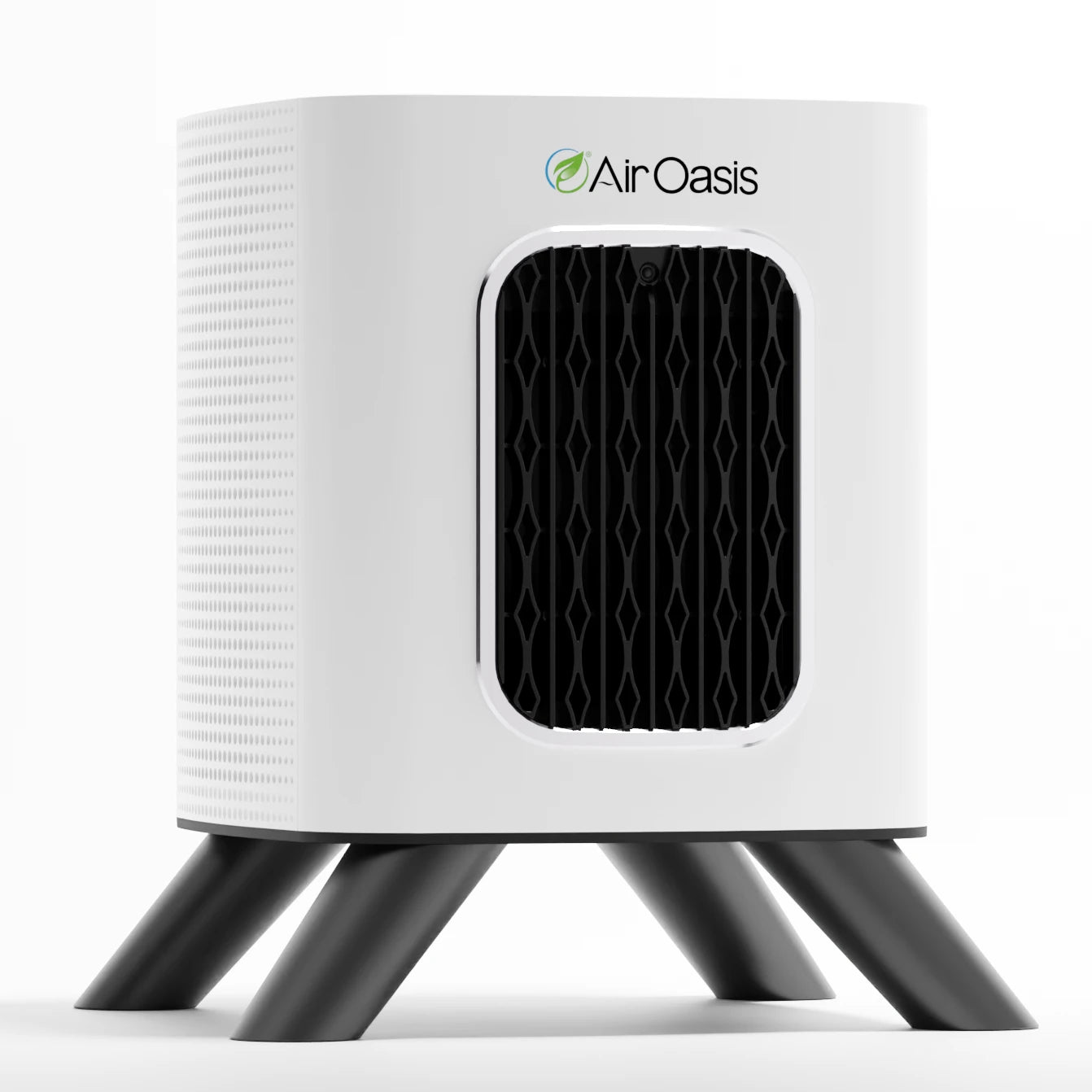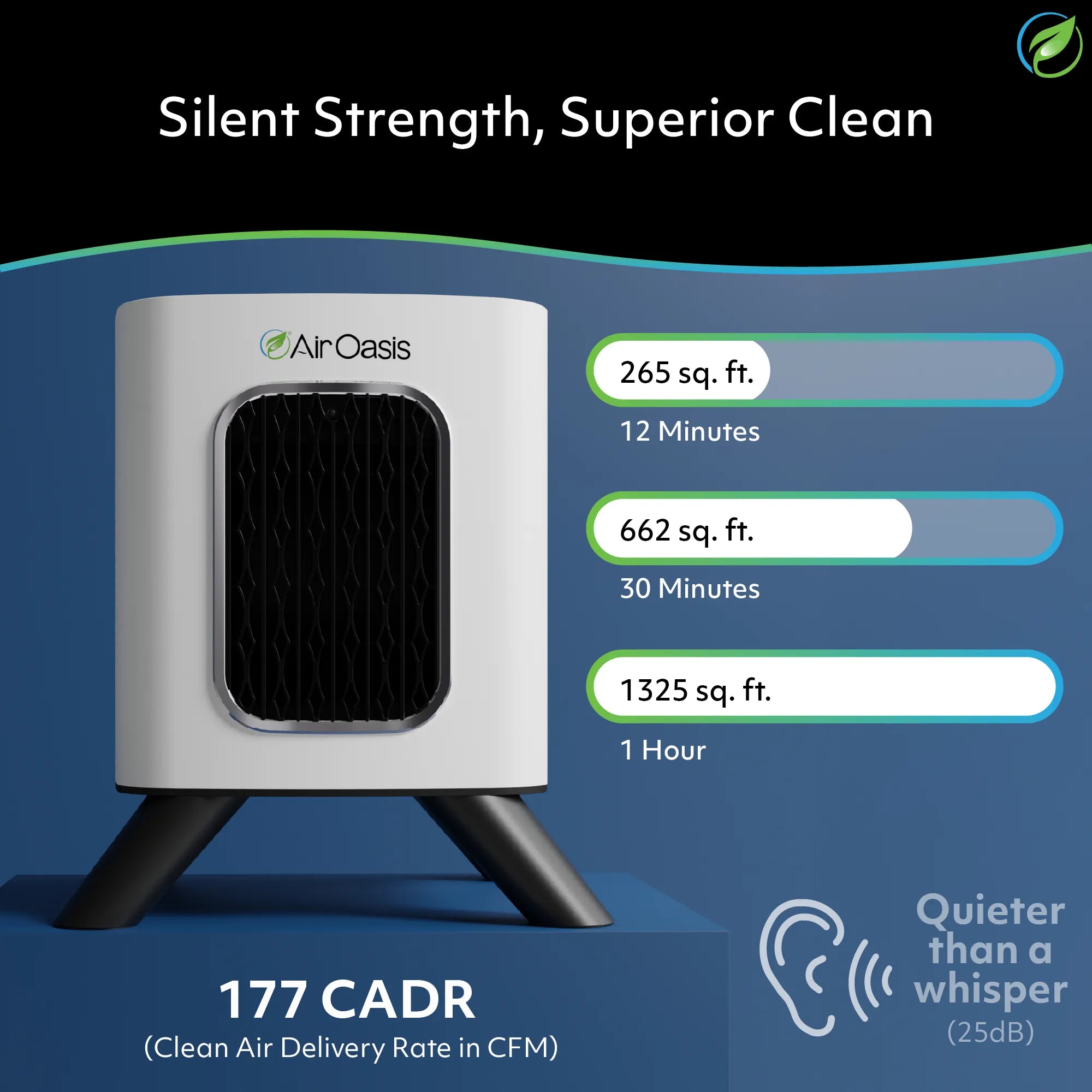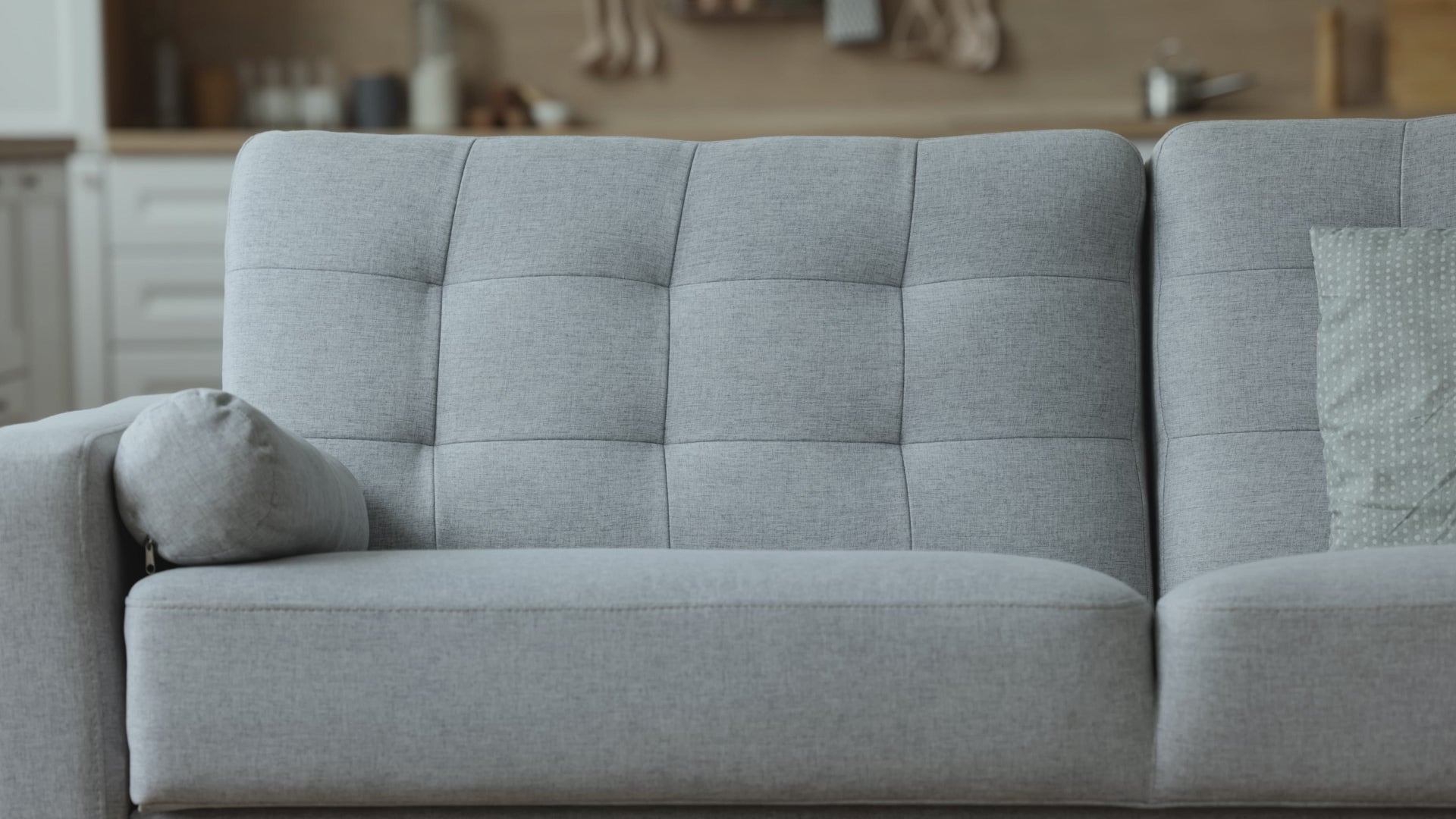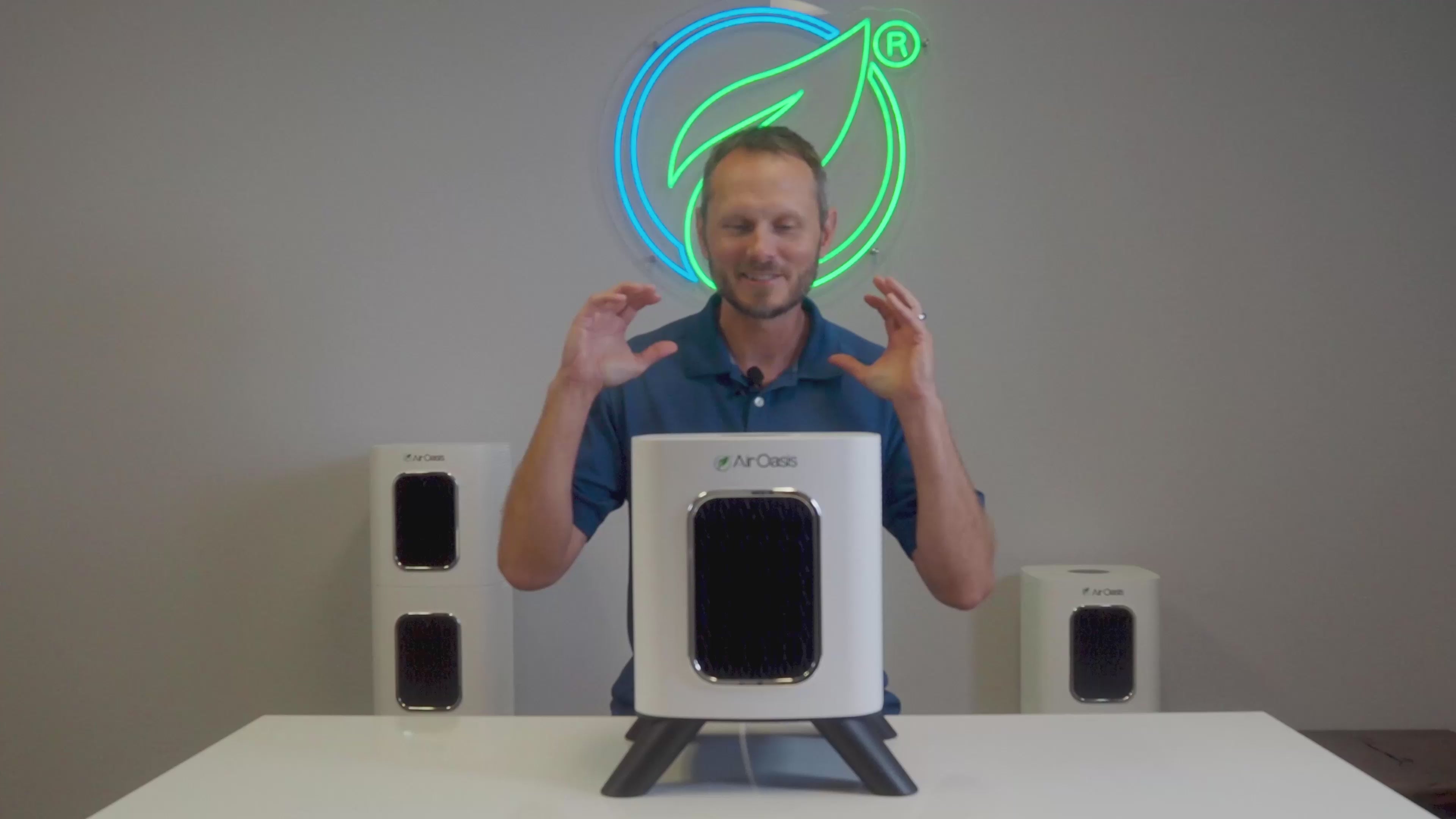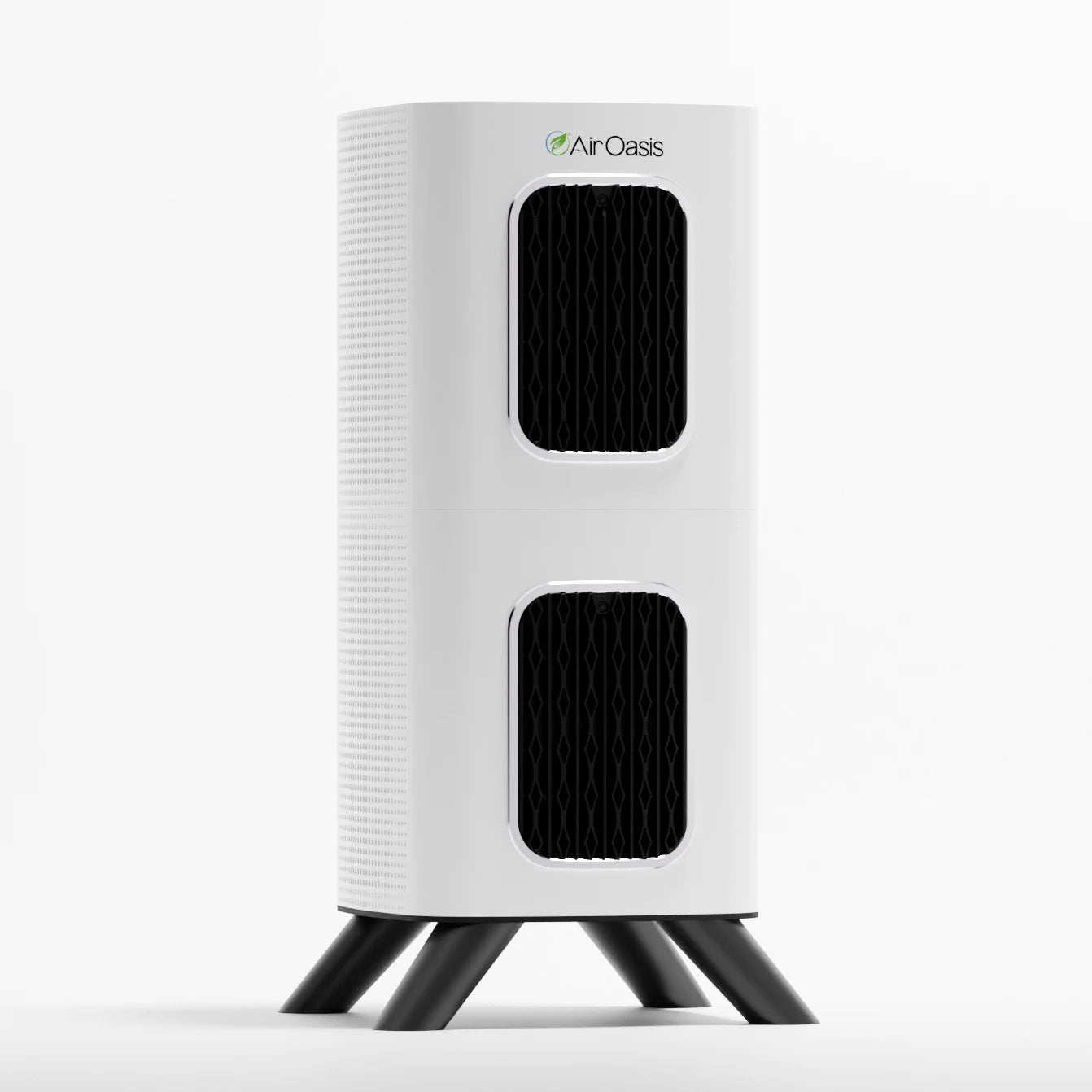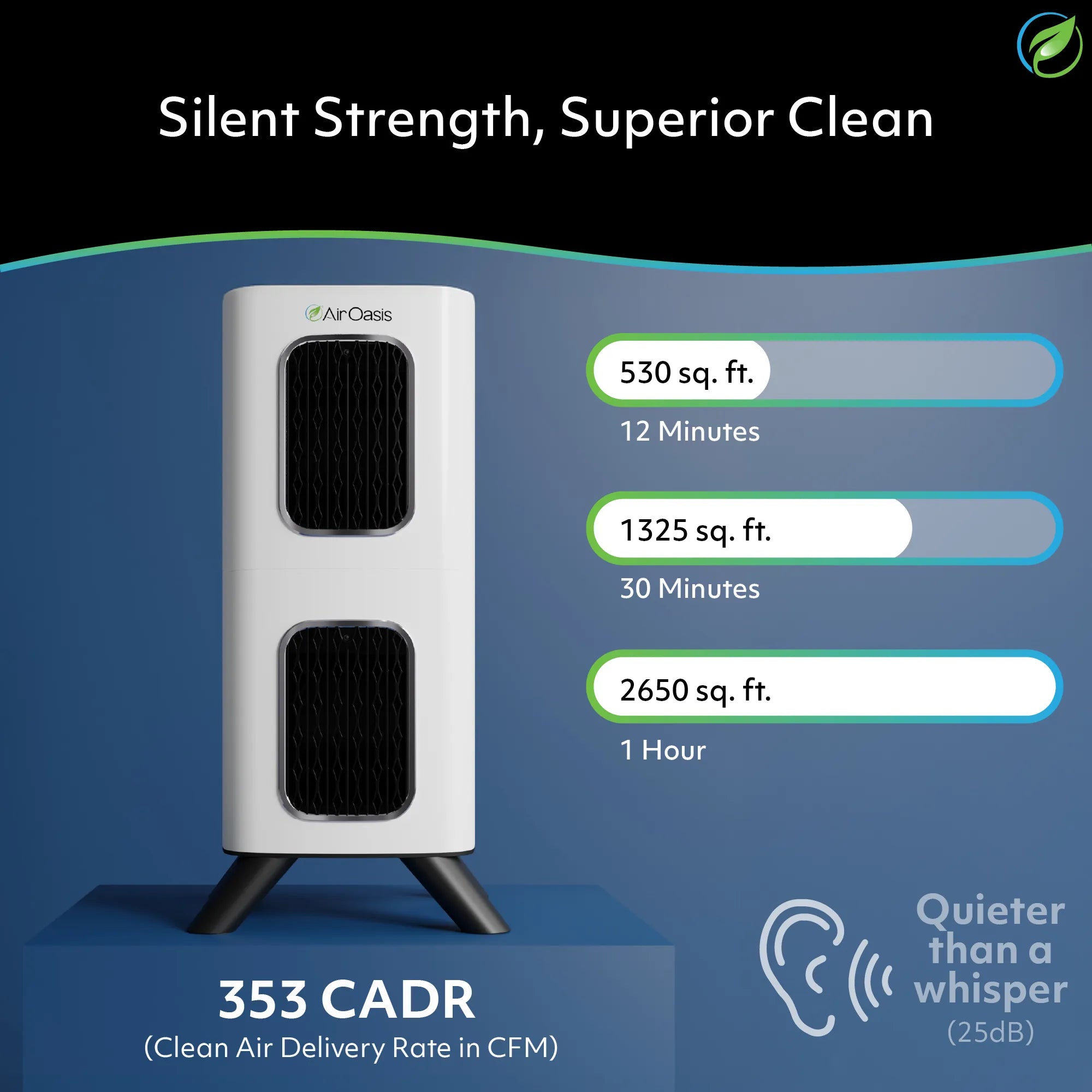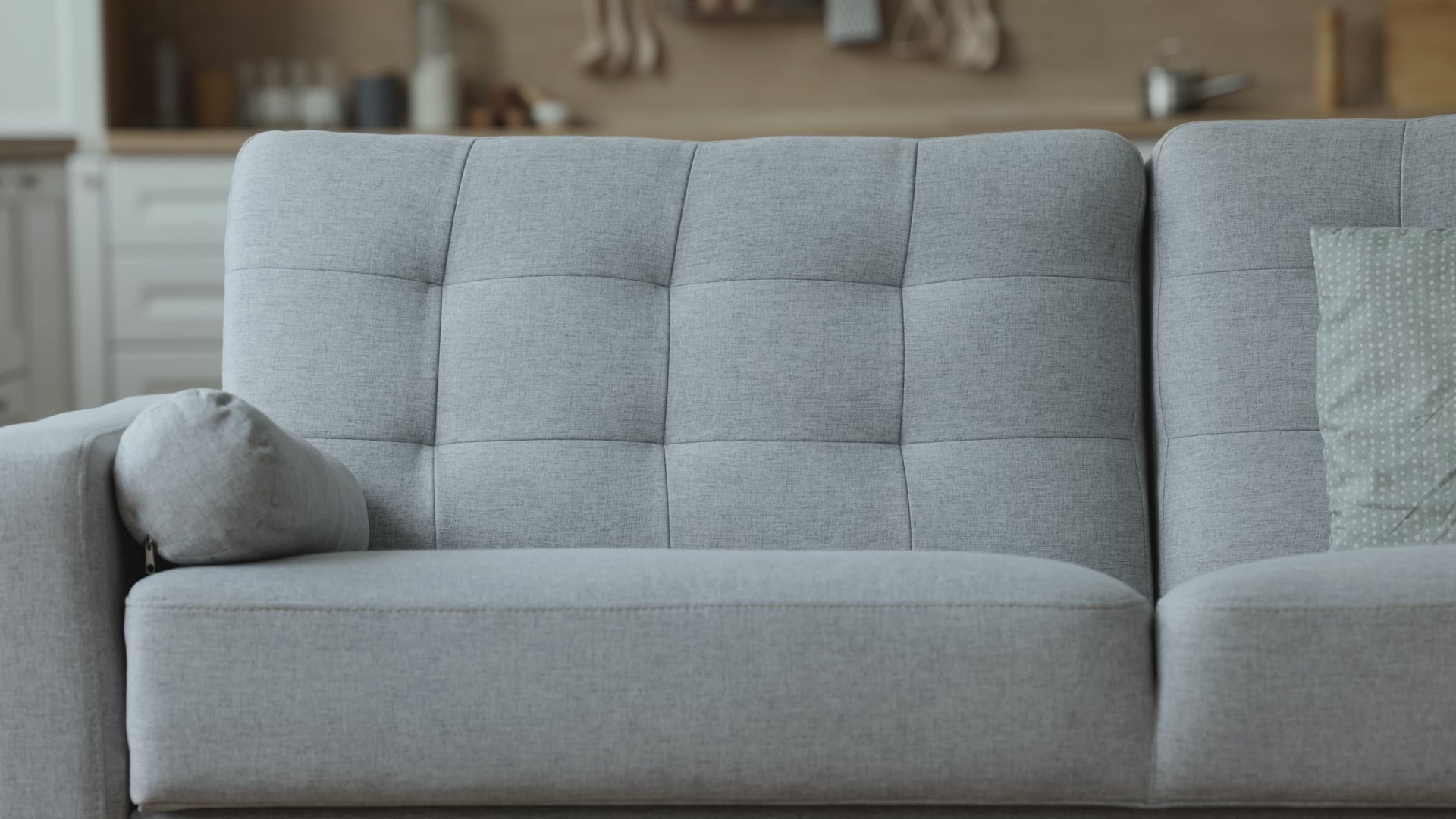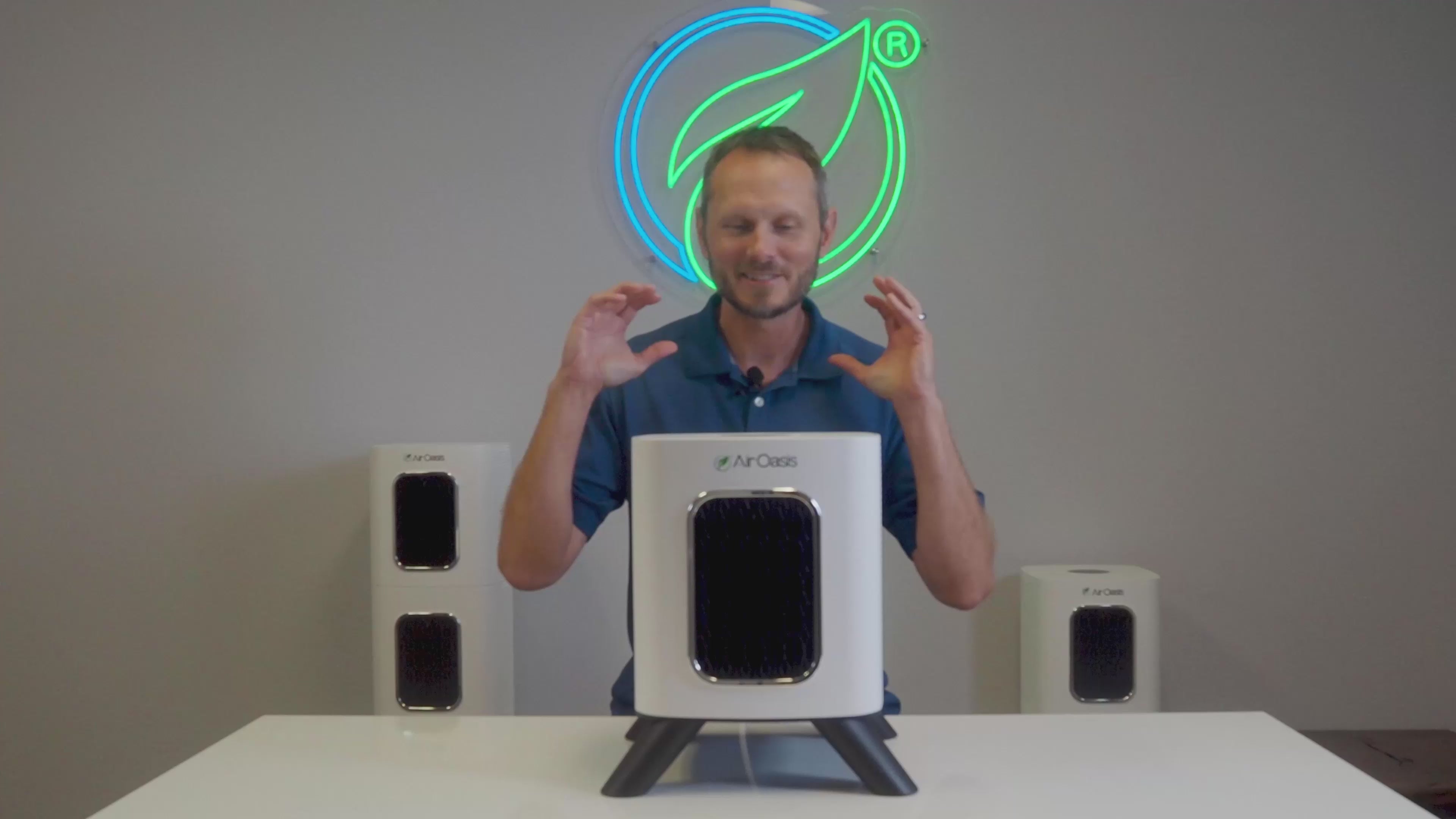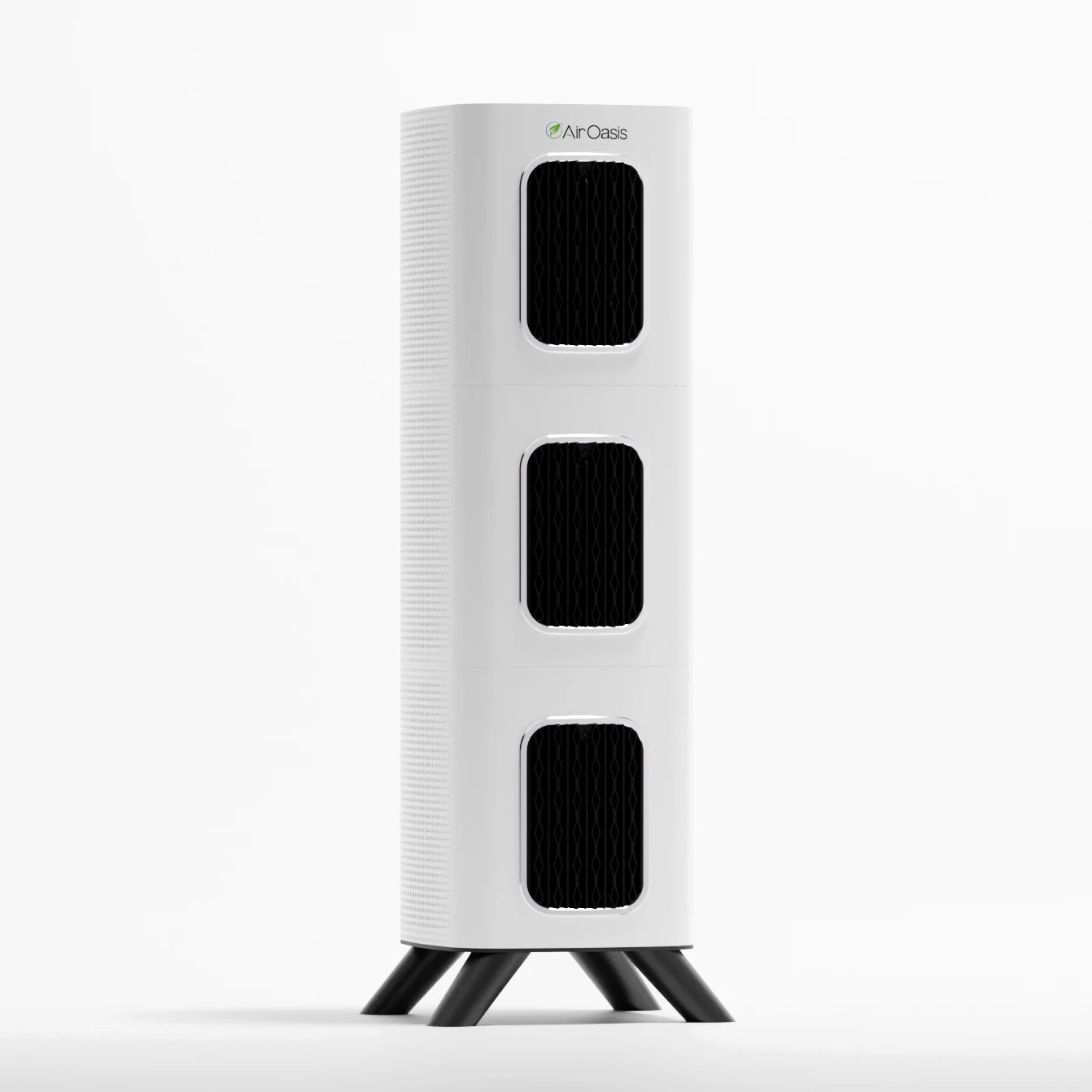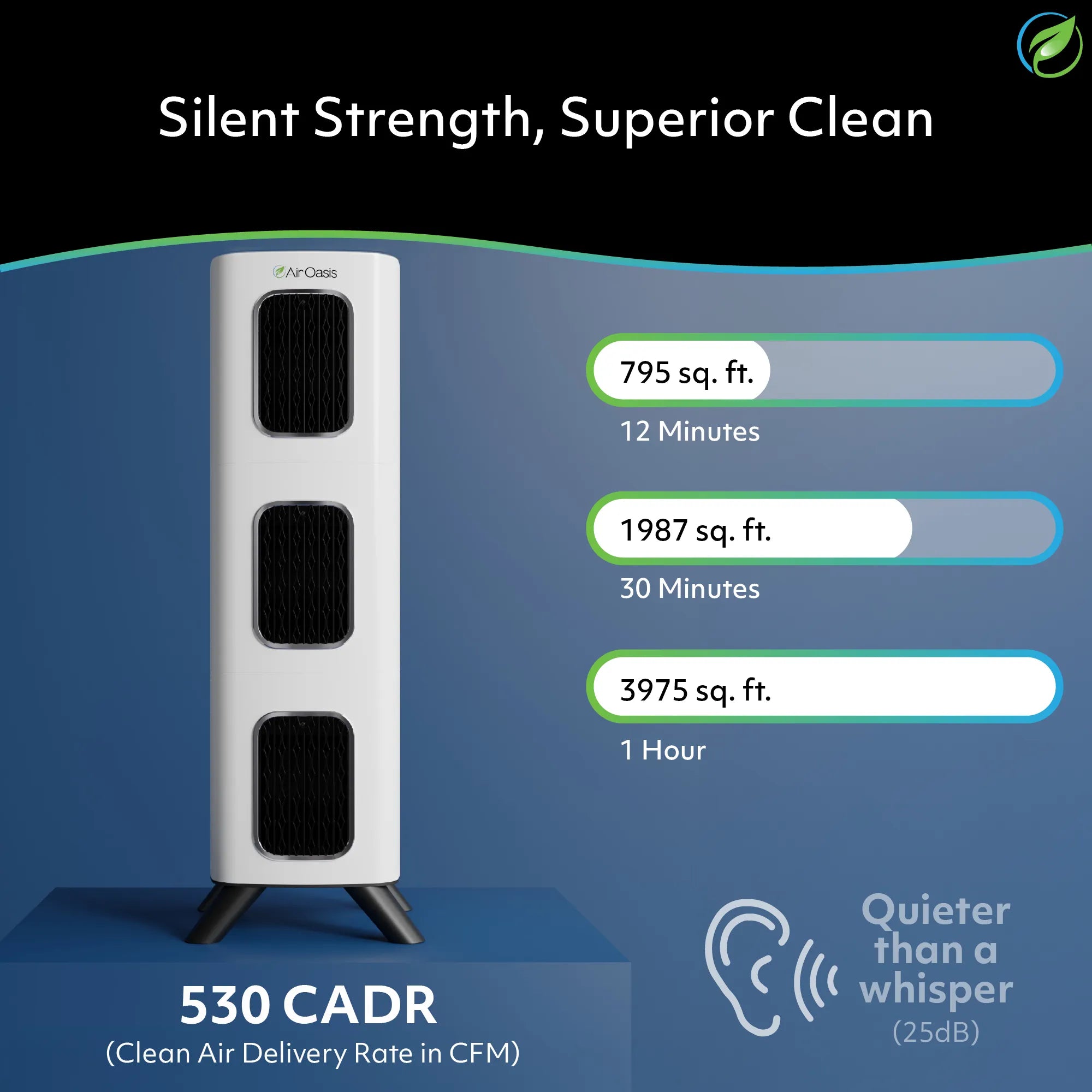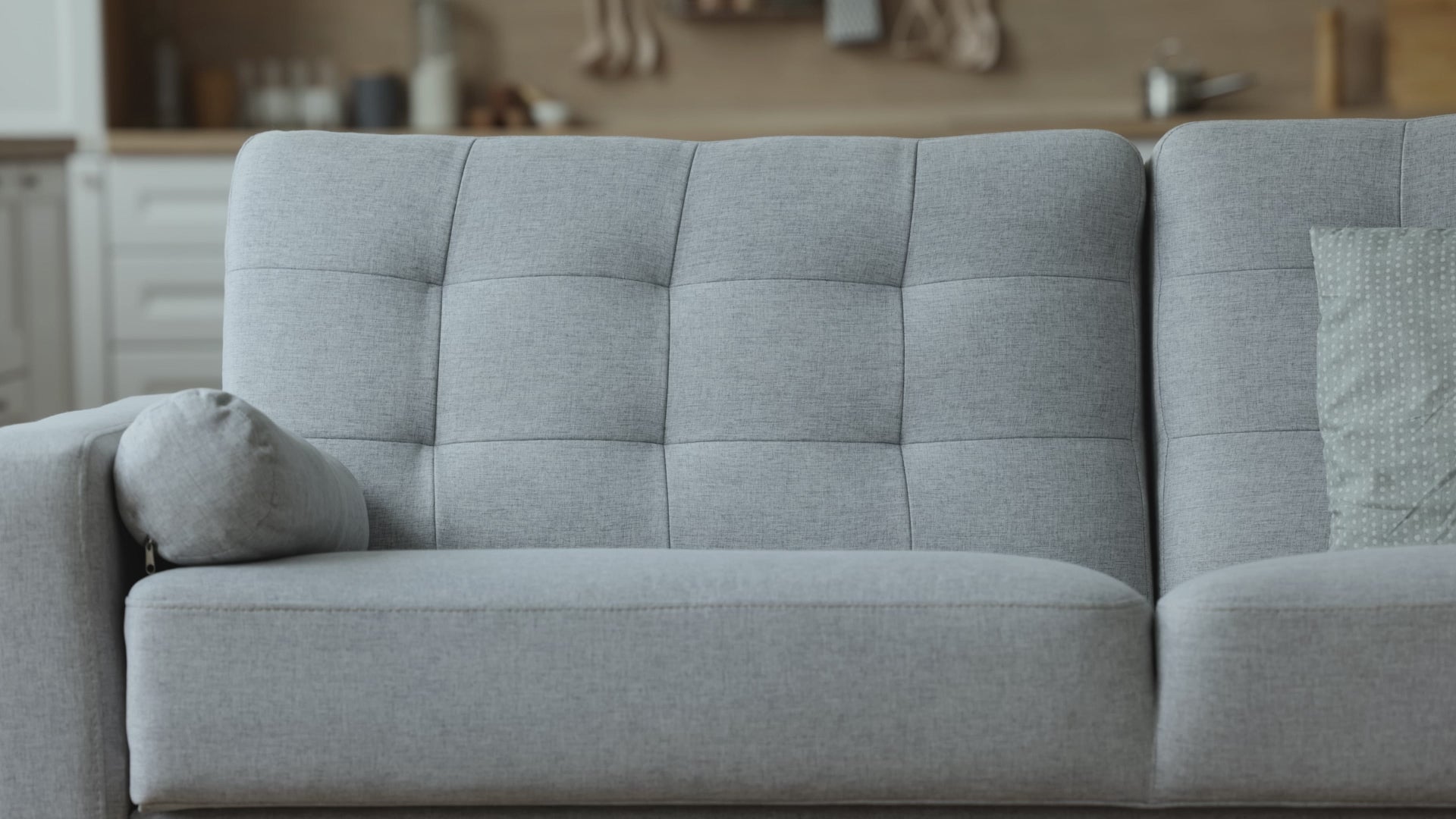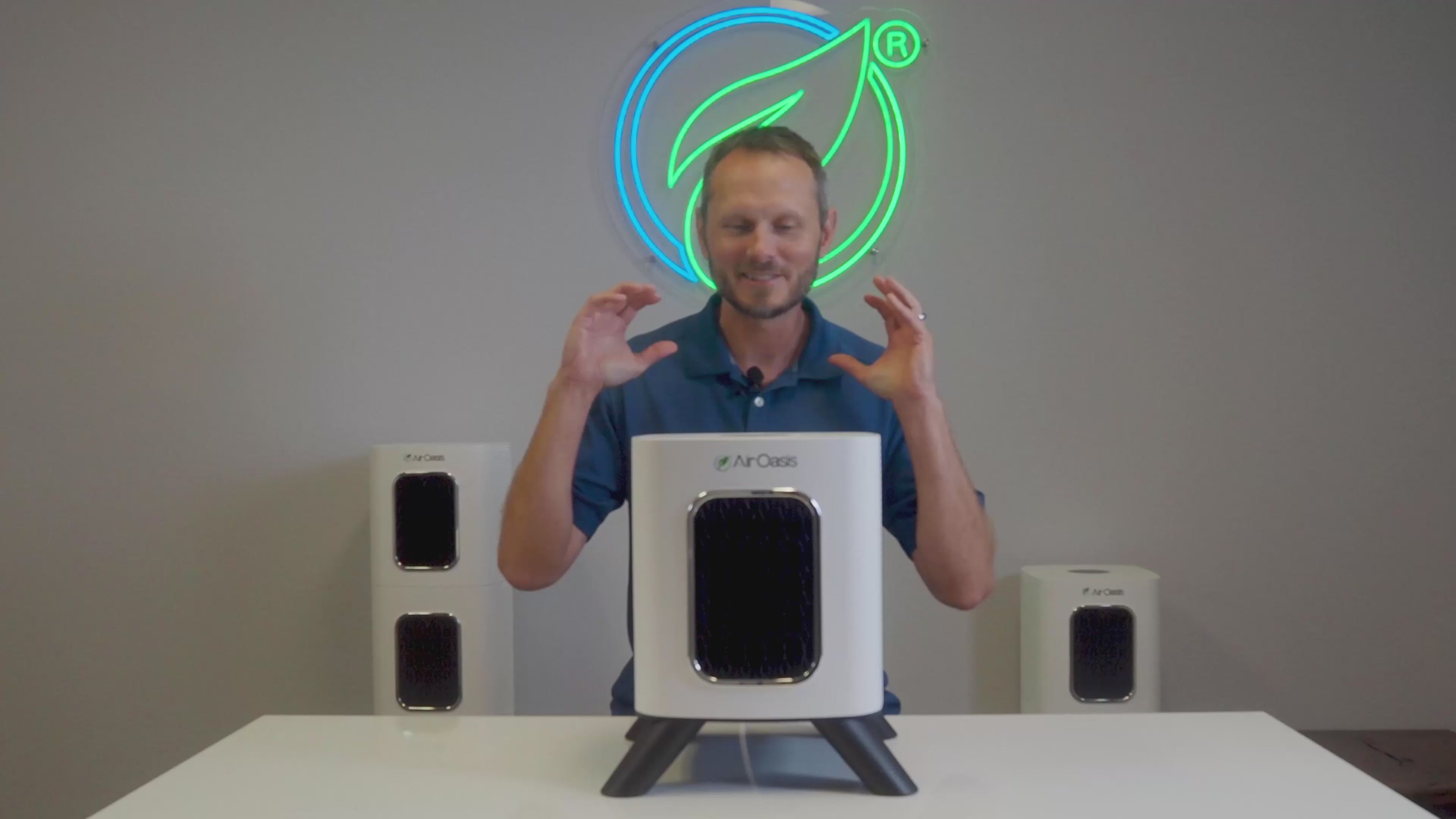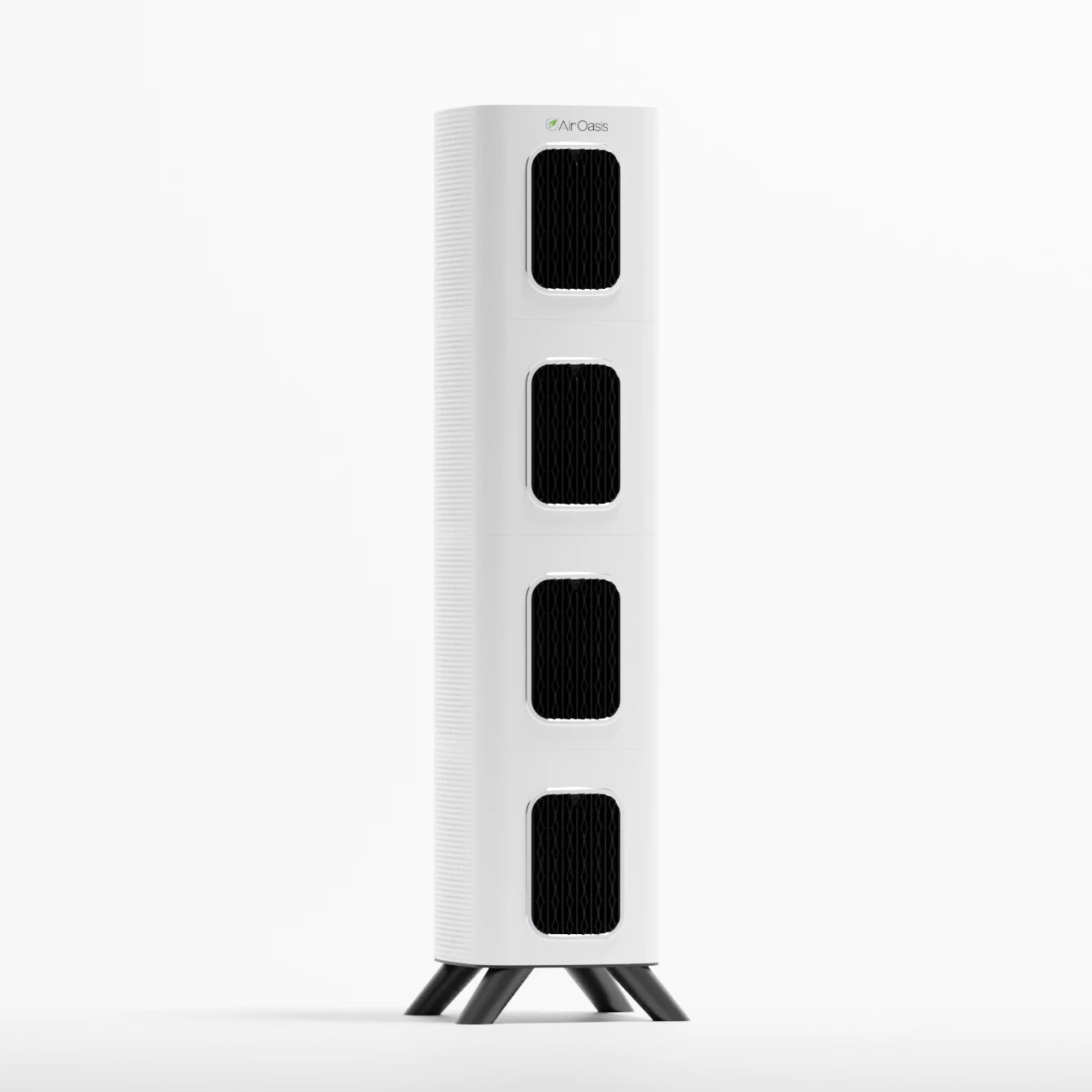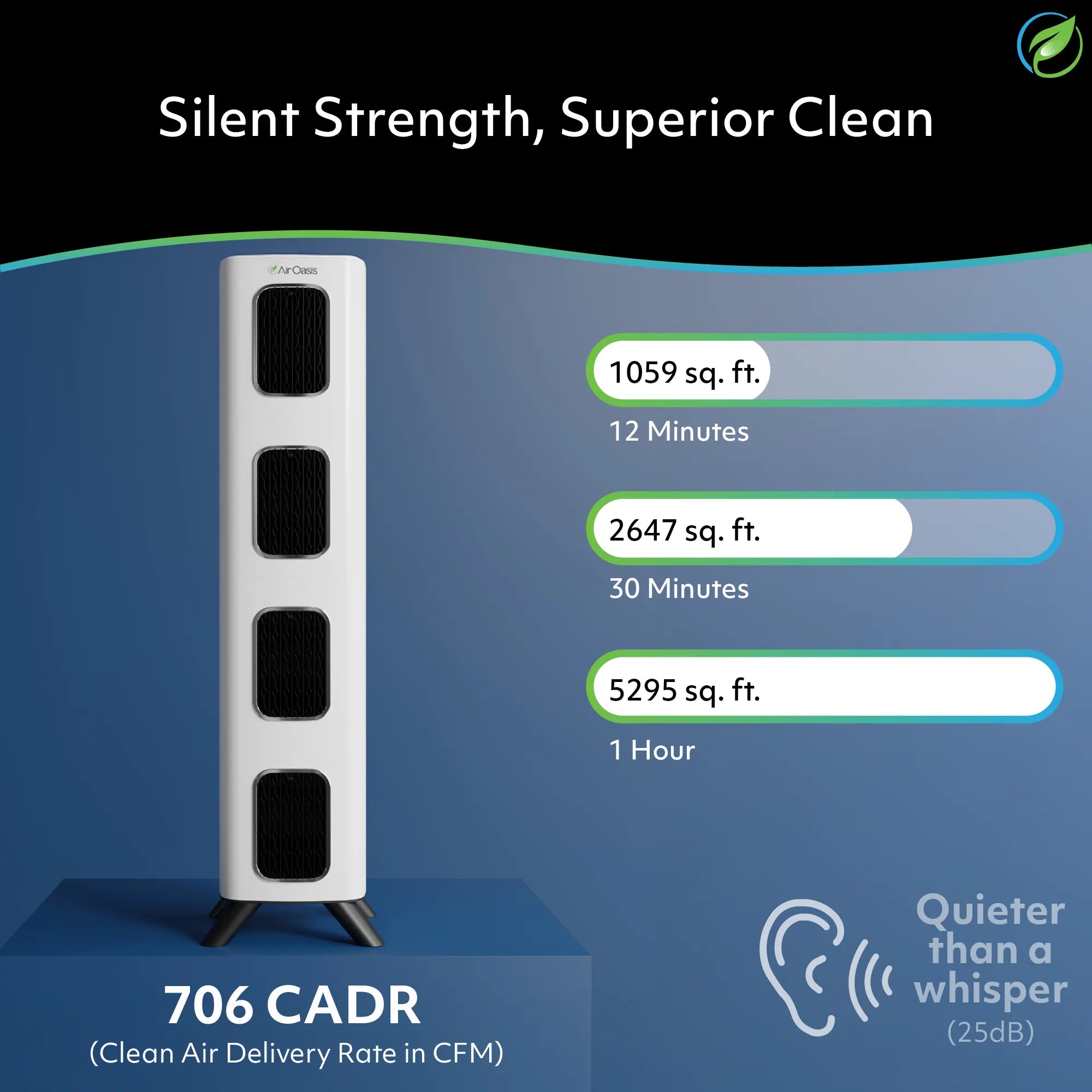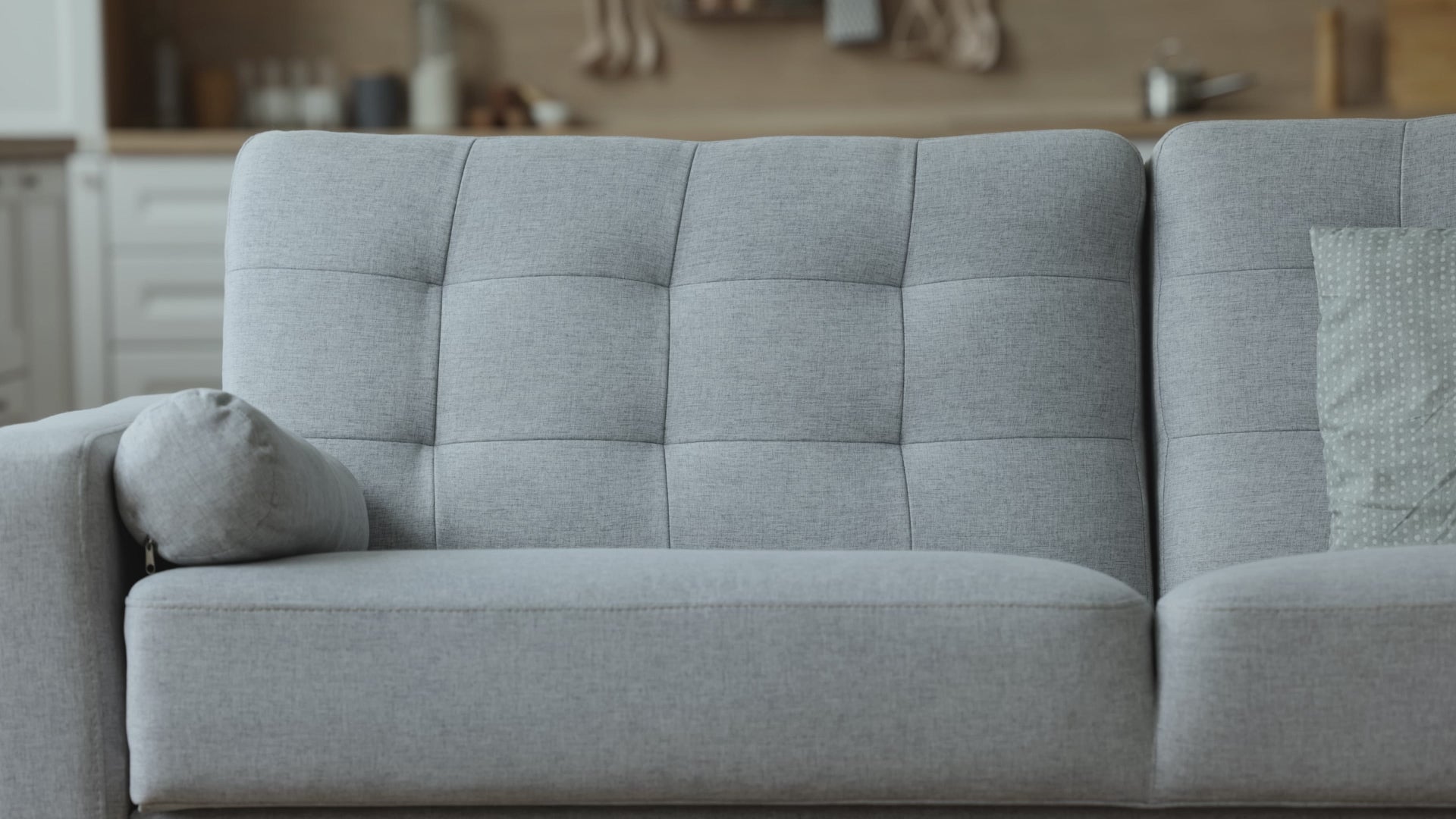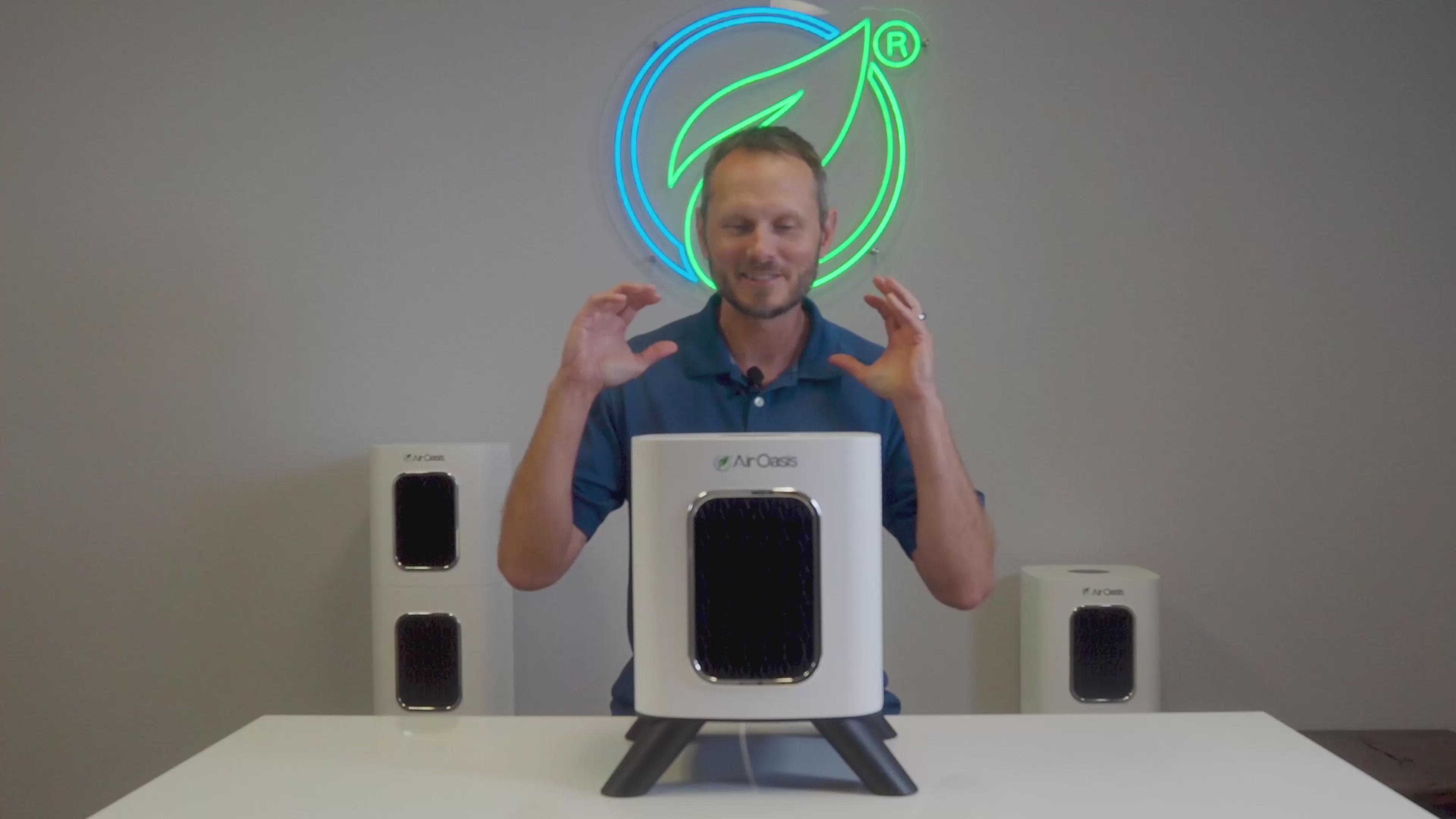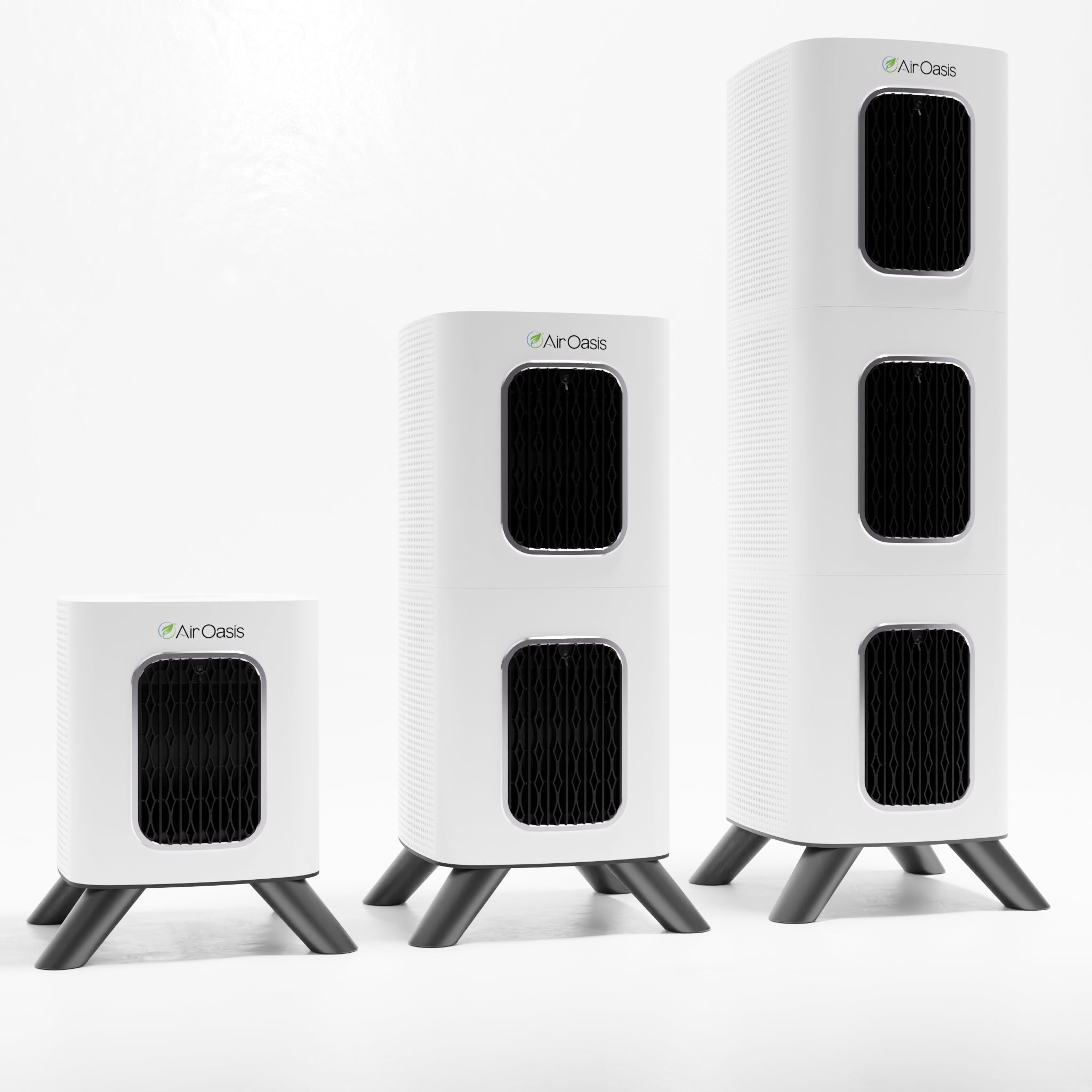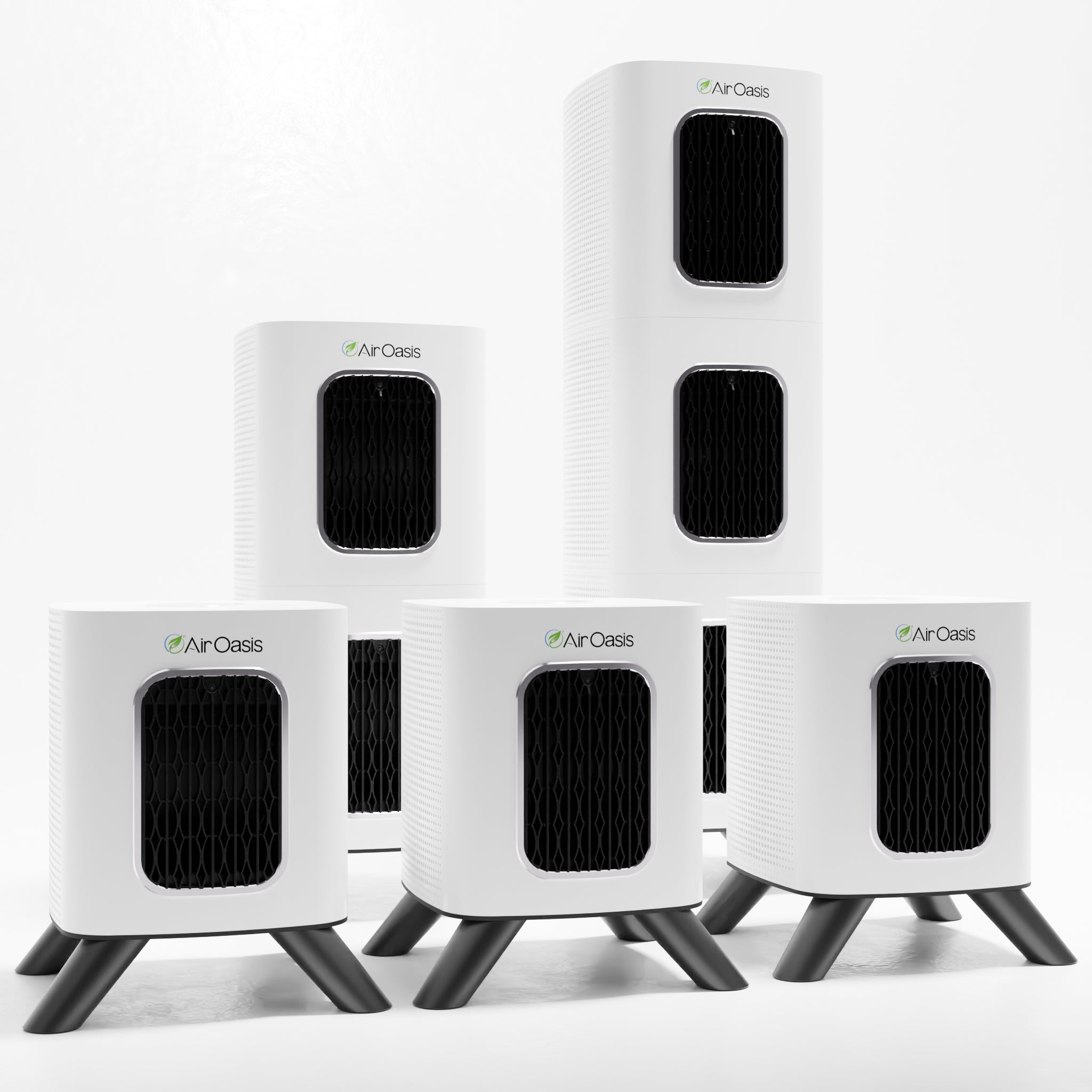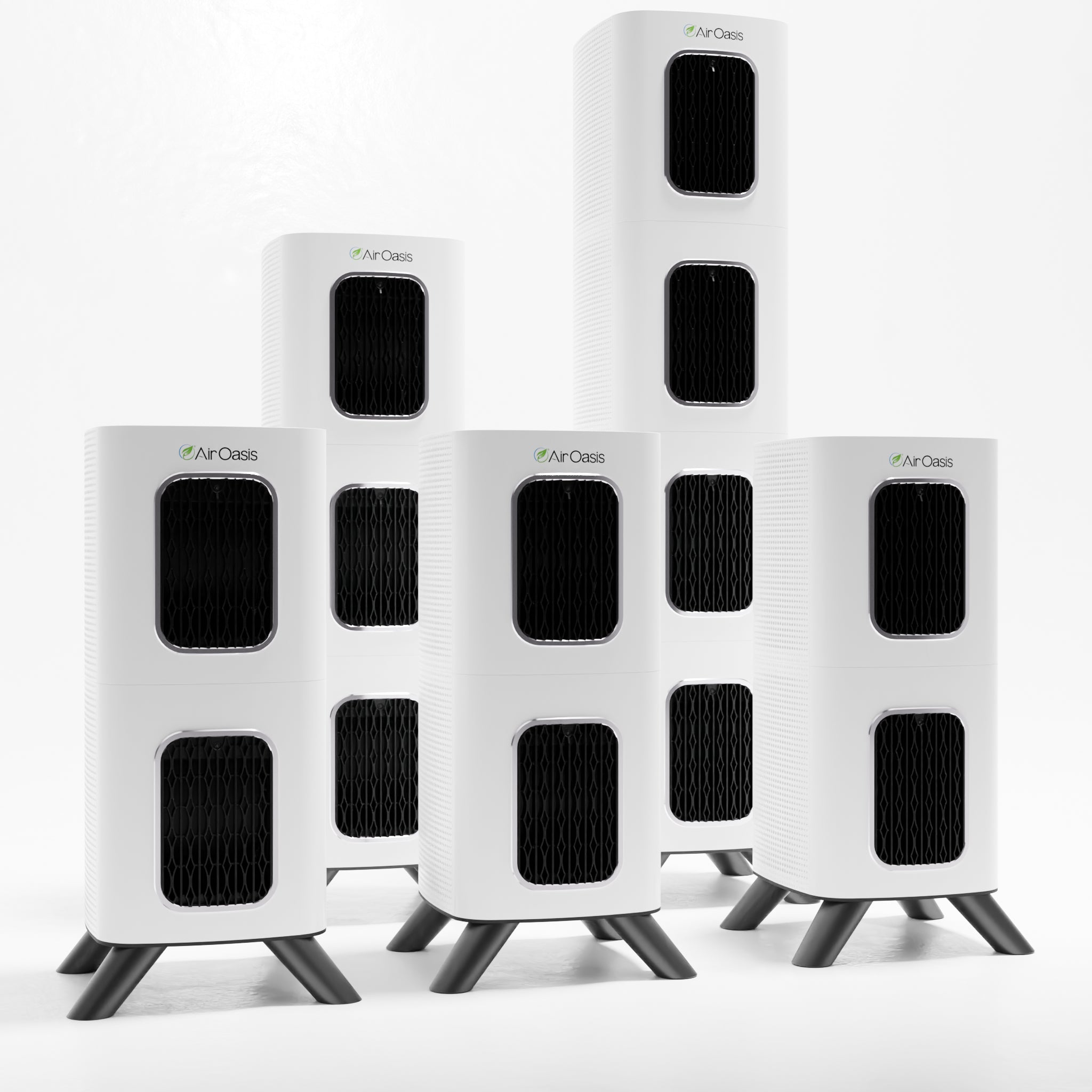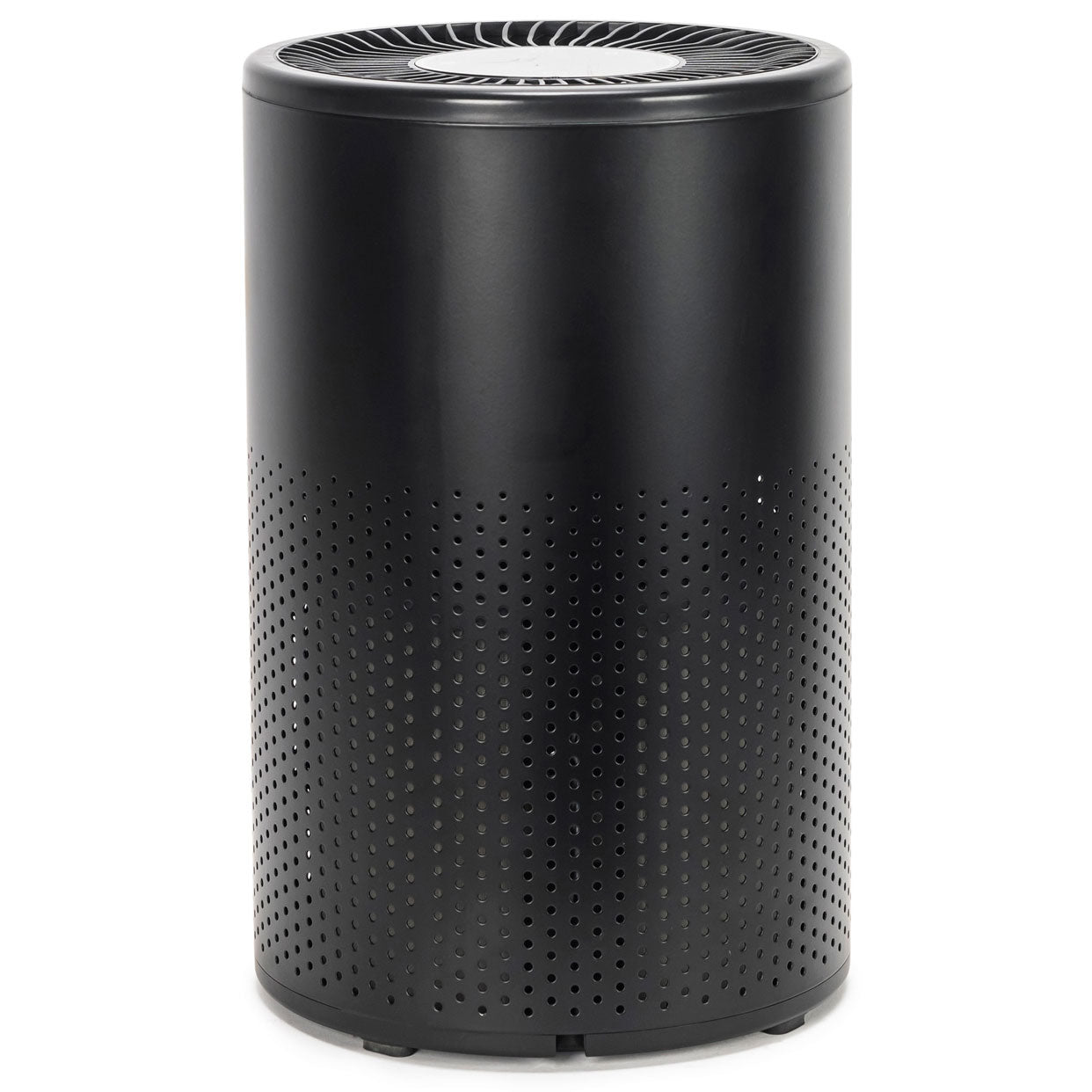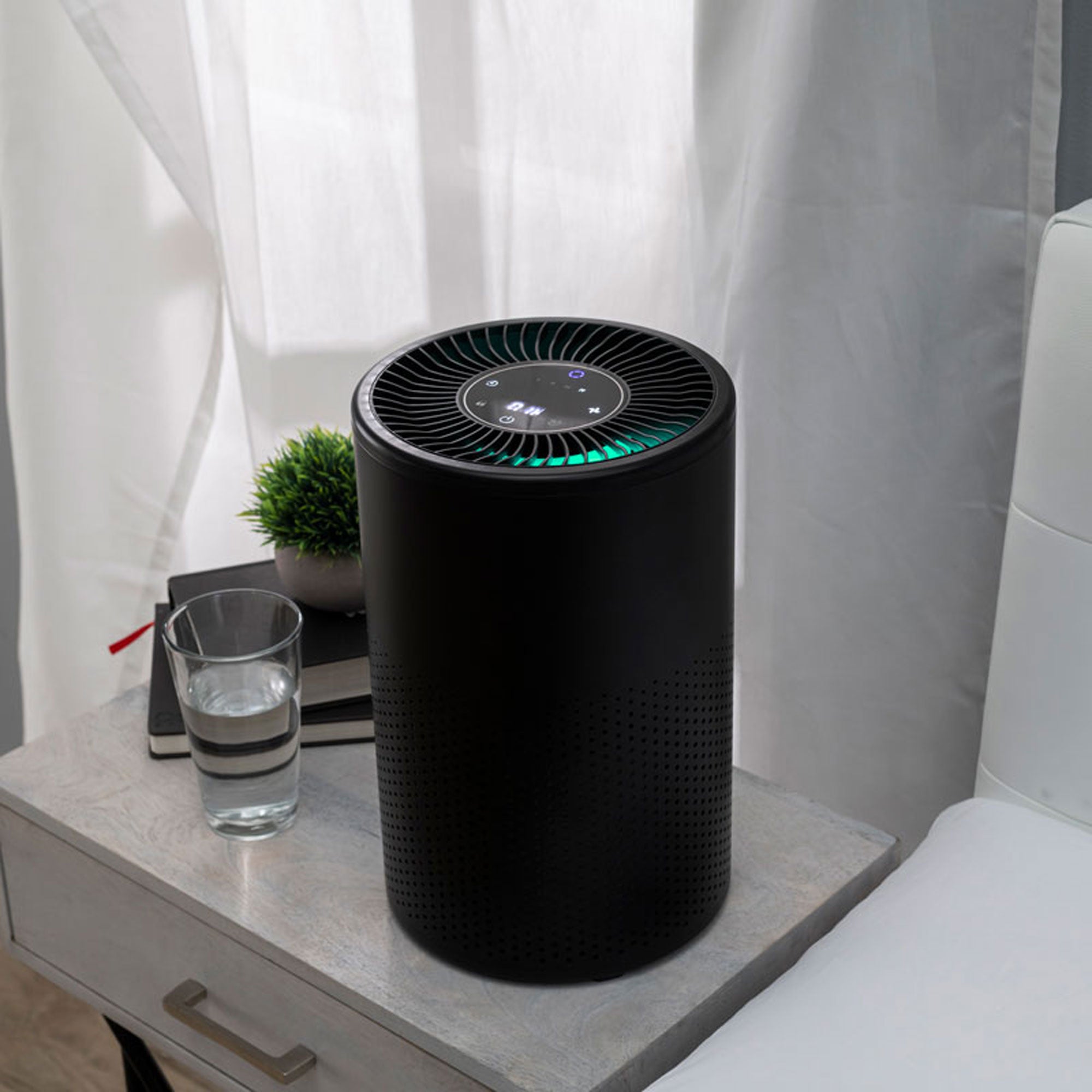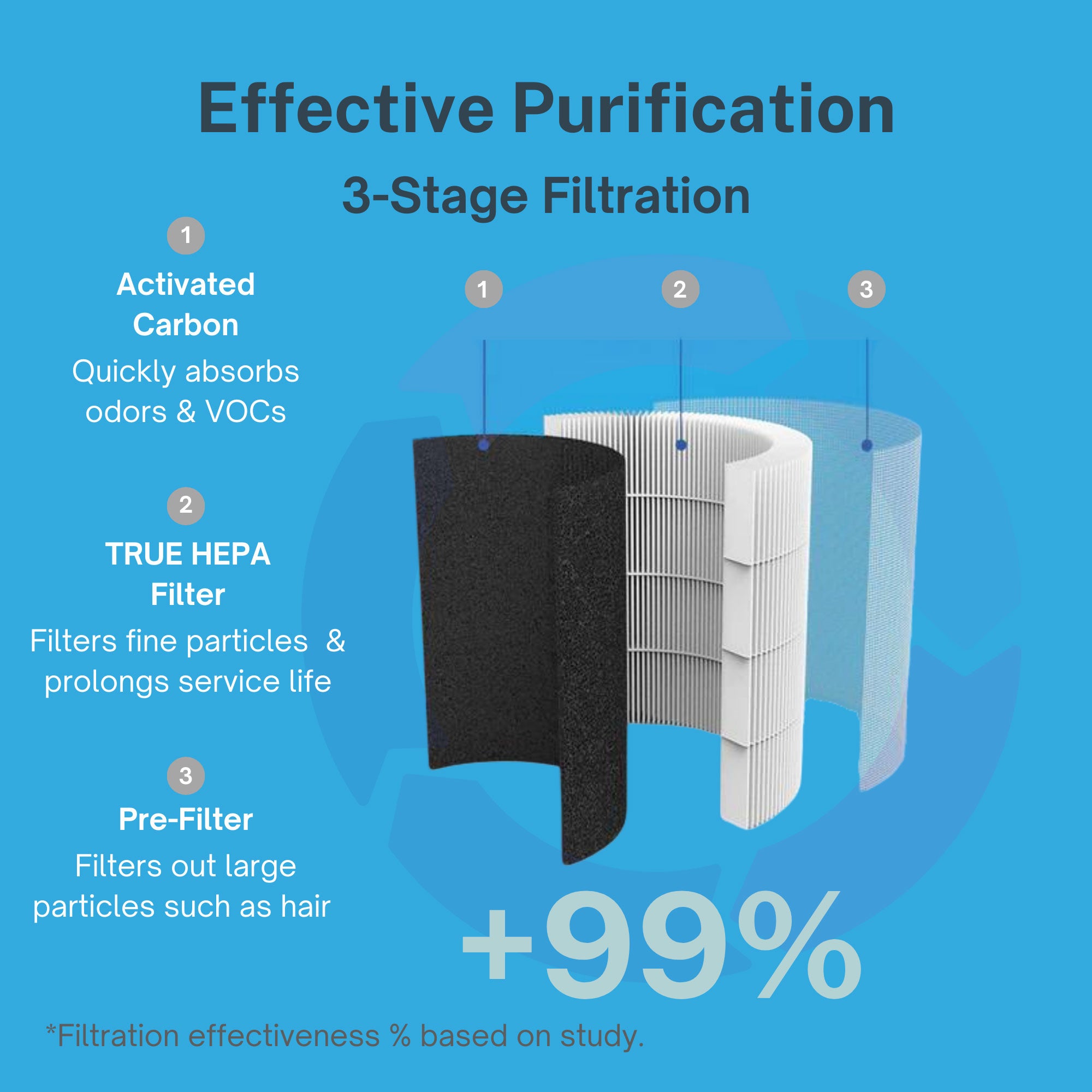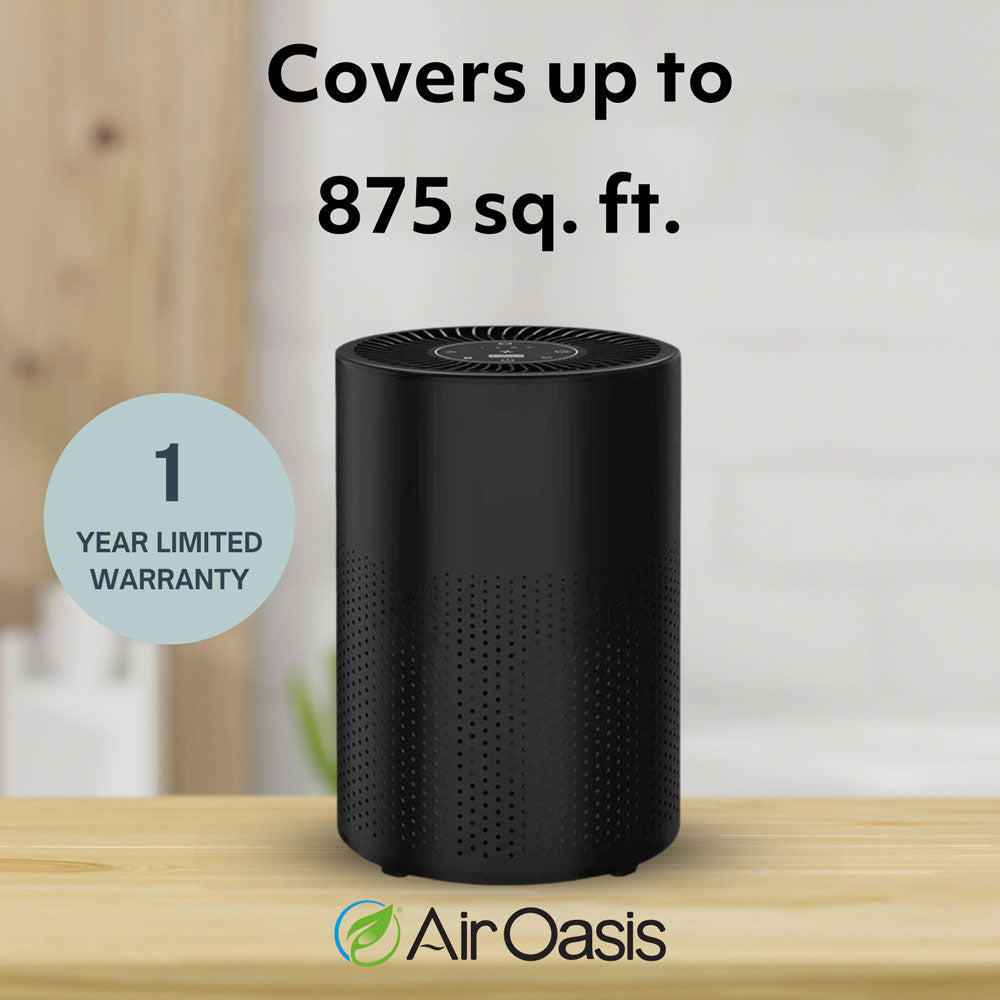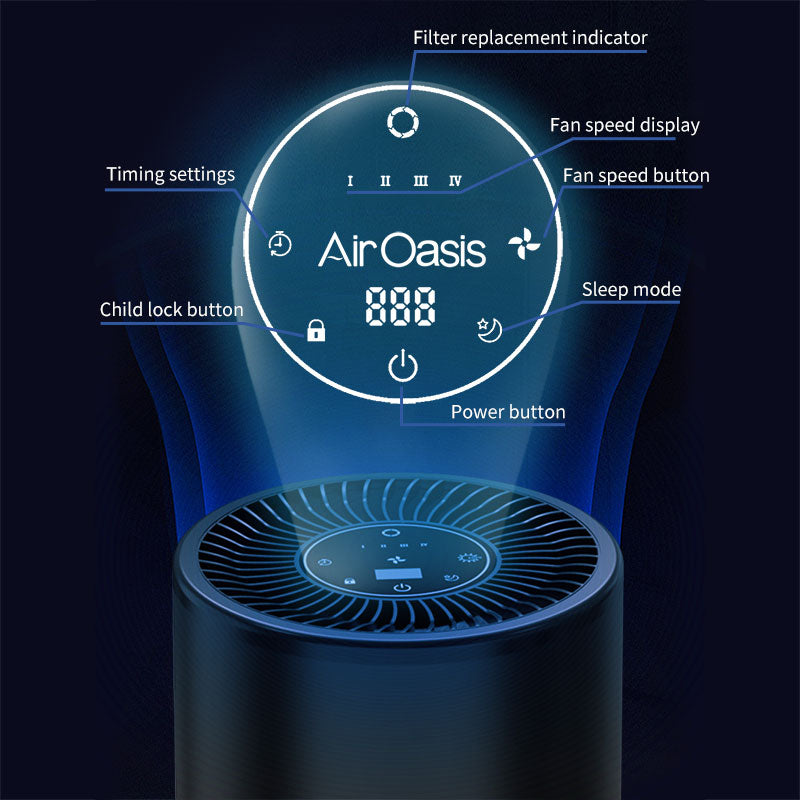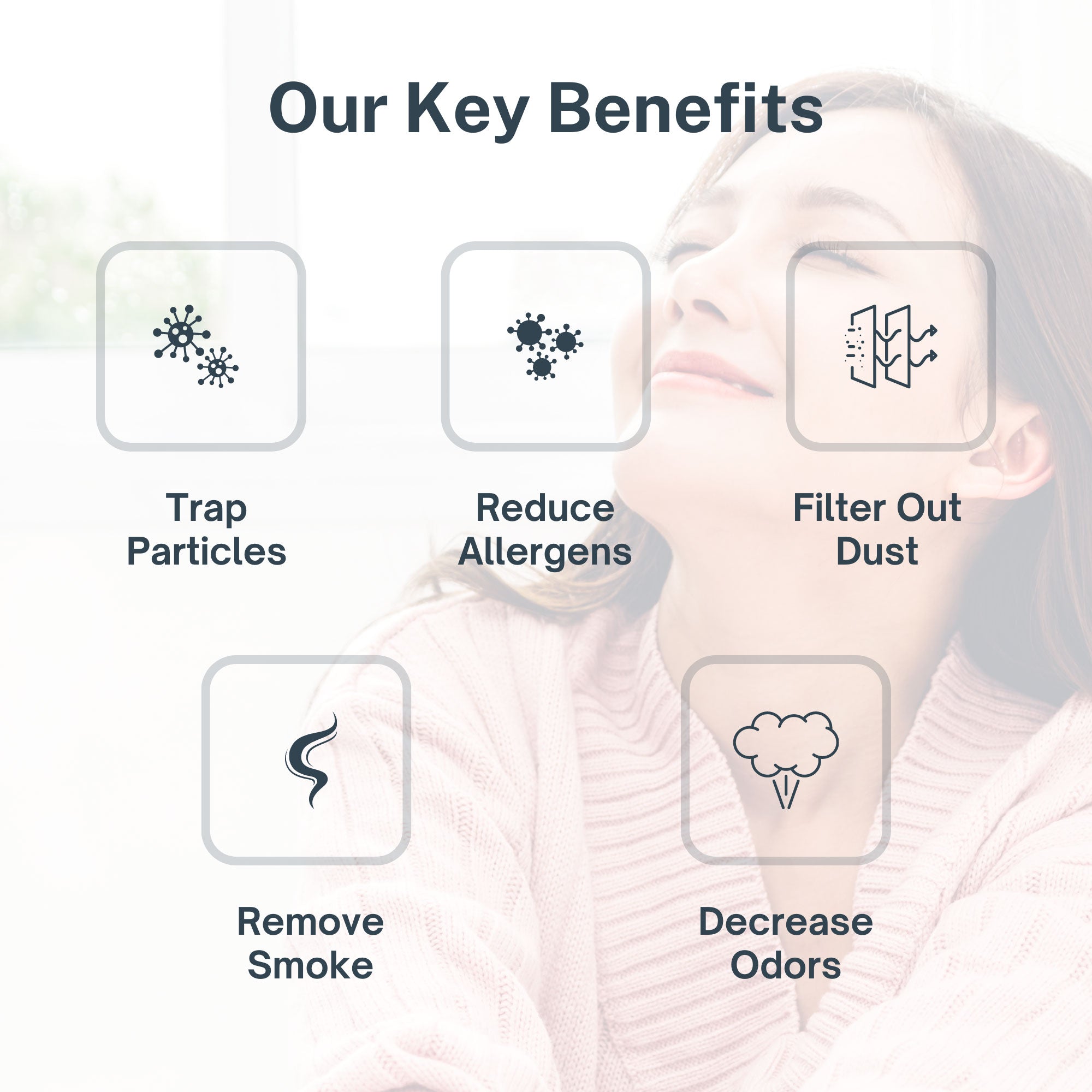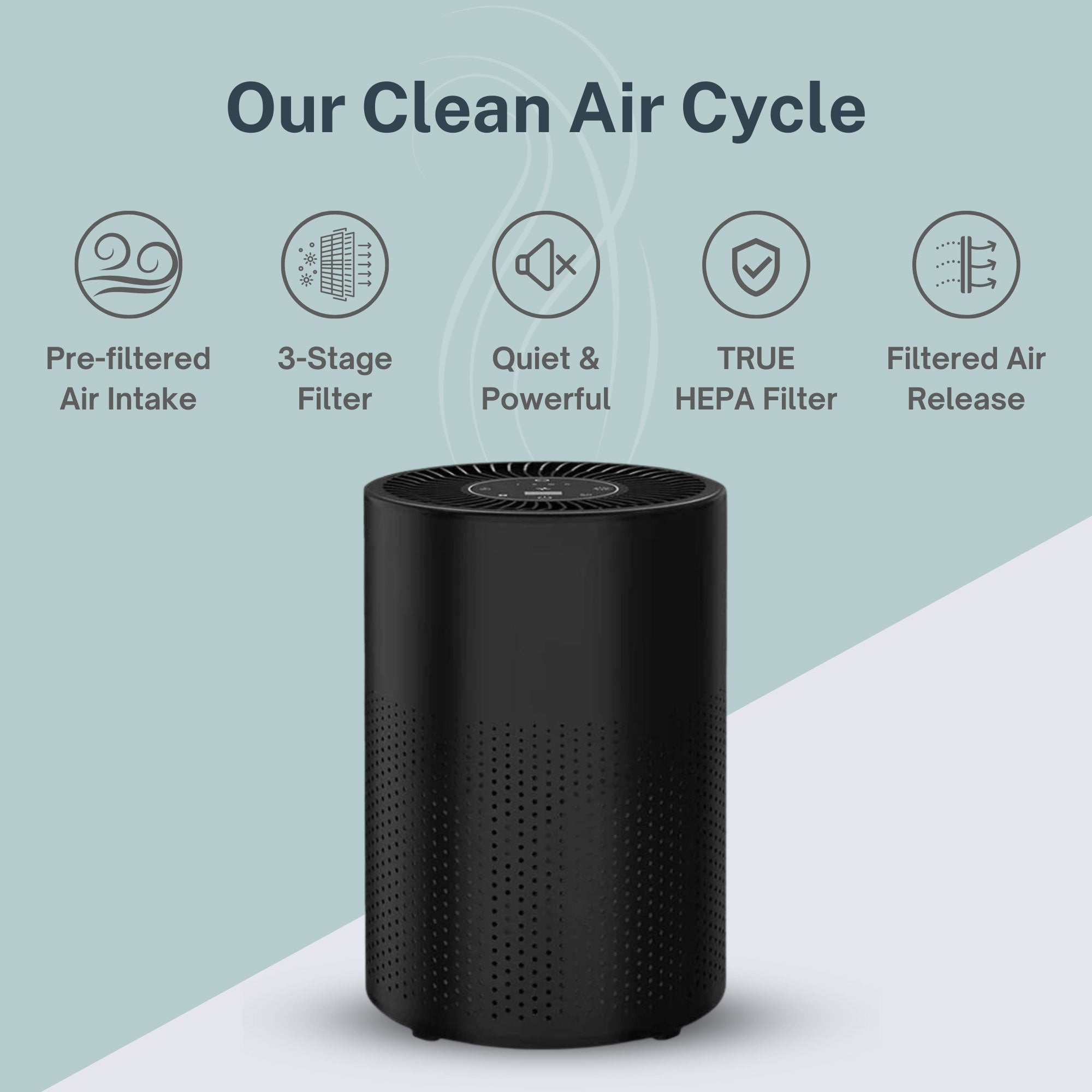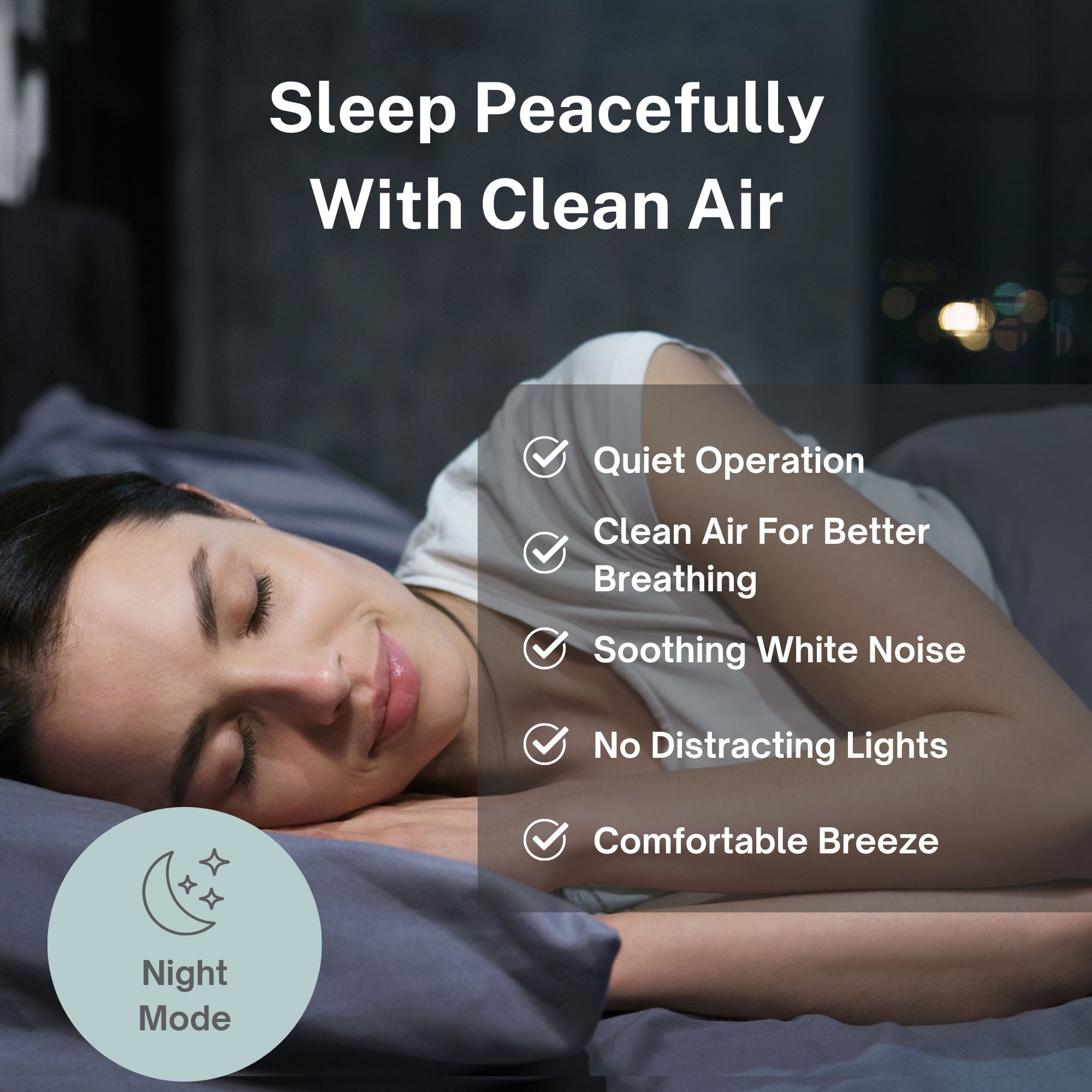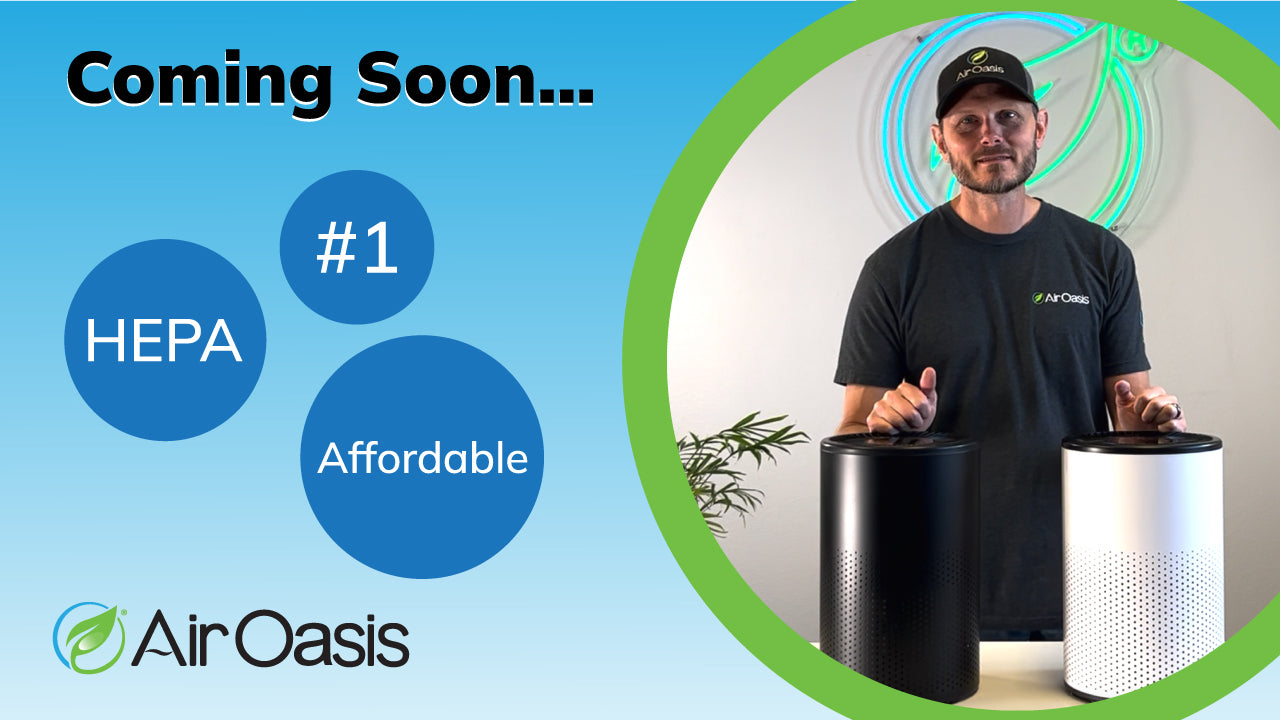As temps drop, it’s more important than ever to protect your health. There is plenty of research to back up seasonal patterns of infectious diseases. These have been tracked for centuries and are explained by varying human activity, seasonal shifts in the immune system and even variations in levels of vitamin D.
Whatever the root cause, amping up your physical and environmental defenses is vital to mitigating the threat of pathogens that can cause sickness.
Read on to learn the winter health tips that are going to add a layer of protection for your home and family. Want to start with cleaner air? Air Oasis has whole home air purifiers and portable air purifiers for every room in your house. Get rid of airborne contaminants and breathe cleaner. Order your air purifier from us today!
Winter Health Tips
It can be hard to find the drive to invest in your health during the long winter months. As the days of limited daylight and low outdoor temperatures drag on, this can have a compounding effect. Minimal activity, an indulgent diet and even low spirits can all take their toll on your wellness.
There are ways to stay well, even during winter. Here are some basic winter health tips that can keep you out of the slump:
- Winterize Exercise: just because you may have fewer options doesn’t mean you should couch potato your way through this season. An uptick in caloric intake and decreased motivation mean you should commit to regular exercise more than ever. Find a way to move, whether it’s through an exercise streaming app or by braving the cold for a quick jog around the neighborhood. The goal is not to be extreme but to find a winter exercise regimen that you can commit to all season long.
- Sensible Eating: of course you’re going to sample the shortbread and of course it’s reasonable to have an extra helping of your favorite dish. The key here is moderation. Offset a big meal with a smaller one. Drink plenty of water. Don’t eat dessert with every meal. And be reasonable about alcohol. Setting some parameters in place will keep you from gaining weight, feeling swollen and generally overloading your body.
- Routines and Relaxation: many of us take holidays off and have some vacation time set aside for the last few weeks of the year. Even still, research shows that routines keep us healthy. This doesn’t mean that you shouldn’t take time off but it does mean that endless days of Netflix bingeing isn’t the way to feel your best. Consider a blend of productive activities and legitimate vegging out during your holiday vacation. Because sleep is so important to immune function, make sure you get some.
- Monitor Your Mental Health: this year and this season may look different for many people. With limitations on social gatherings, it can be easy to feel disappointed or even struggle with depression. If you find yourself struggling significantly, talk to your doctor. Invest in your mental health by making the meaningful social connections you can and enjoying the aspects of the holiday that are appropriate and worthwhile.
Even as you take steps to care for your body and mind, outside threats are real and present Carried in the air, winter allergies and germs can be a real problem.
Winter Allergies
When we think of seasonal allergies, most people think of spring or even fall. With a white winter wonderland (and nothing in bloom), many people don’t attribute their general allergy symptoms to the environment. And yet, seasonal allergies in winter are a real thing.
Indoor allergies in winter can actually be quite severe. As you spend most of your time inside, plenty of dust, dirt, dander and other allergens are filling your indoor air. Some people have to take a daily antihistamine or decongestant. Others can adjust their environment to offset the worse allergy symptoms that arise during winter:
- Clean or replace worn textiles, including shower curtains, area rugs and bedspreads/quilts
- Use a dehumidifier
- Wash bedding with hot water
- Swap out mattress and pillow covers with allergy-proof versions
- Run a HEPA air filter or an ionic air purifier
thBecause the symptoms may look the same, it can be hard to know the difference between a winter cold and winter allergies. With flu season upon us and COVID-19 cases still on the rise, it's important to be protected in every way possible.
Flu Season and COVID-19
When is flu season? The flu season months usually span from December to February. Influenza viruses reach peak activity at this time because there is more gathering in close proximity. Add to this year’s flu season the ongoing COVID-19 pandemic and the need for safe precautions escalates.
Cold and flu relief can be achieved through over the counter medicine and plenty of rest. As yet, there is no surefire treatment for COVID-19. Both bacteria and viruses can be caught through droplets in the air. One of the best ways to reduce the risk of this in your home is through a UV air purifier, which can deactivate viruses. Combine this in a multisystem unit with HEPA air filtration and you have a winning solution that can seriously reduce your chances of getting sick.
Winter Home: Cleaner Indoor Air
While the weather outside may be frightful, the hard truth is that the air inside your home is often just as rife with bacteria and viruses. Winter is a season with no open windows, which probably means that you are inhaling recirculated air. While the air in your home, processed by your HVAC system, goes through a simple filter, that only catches the big stuff. When you want to address the droplets and particles that can make you sick, you need a much more precise system.
Get cleaner air today by ordering an iAdaptAir HEPA UV Air Purifier or selecting an air purifier from our full catalogue of products.



